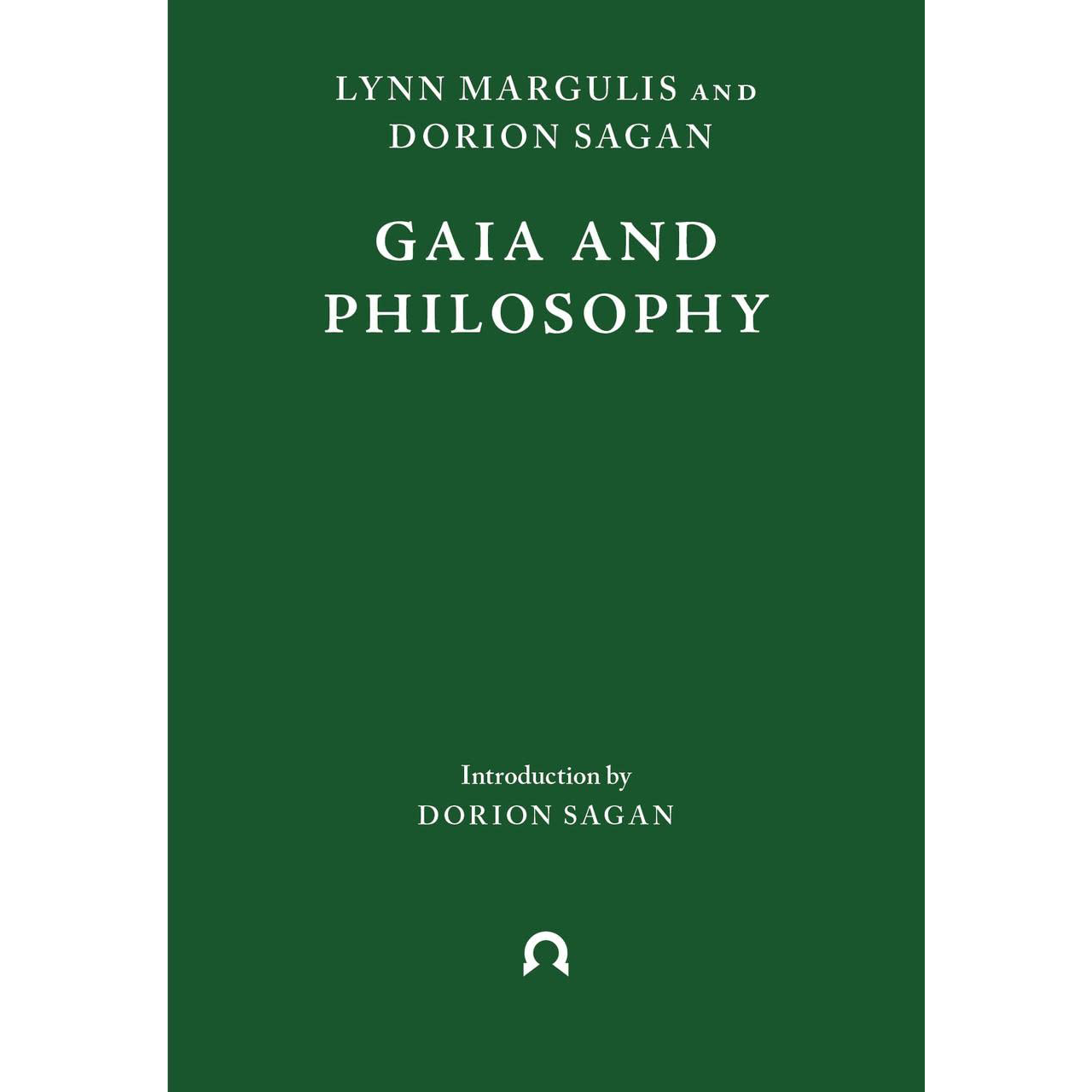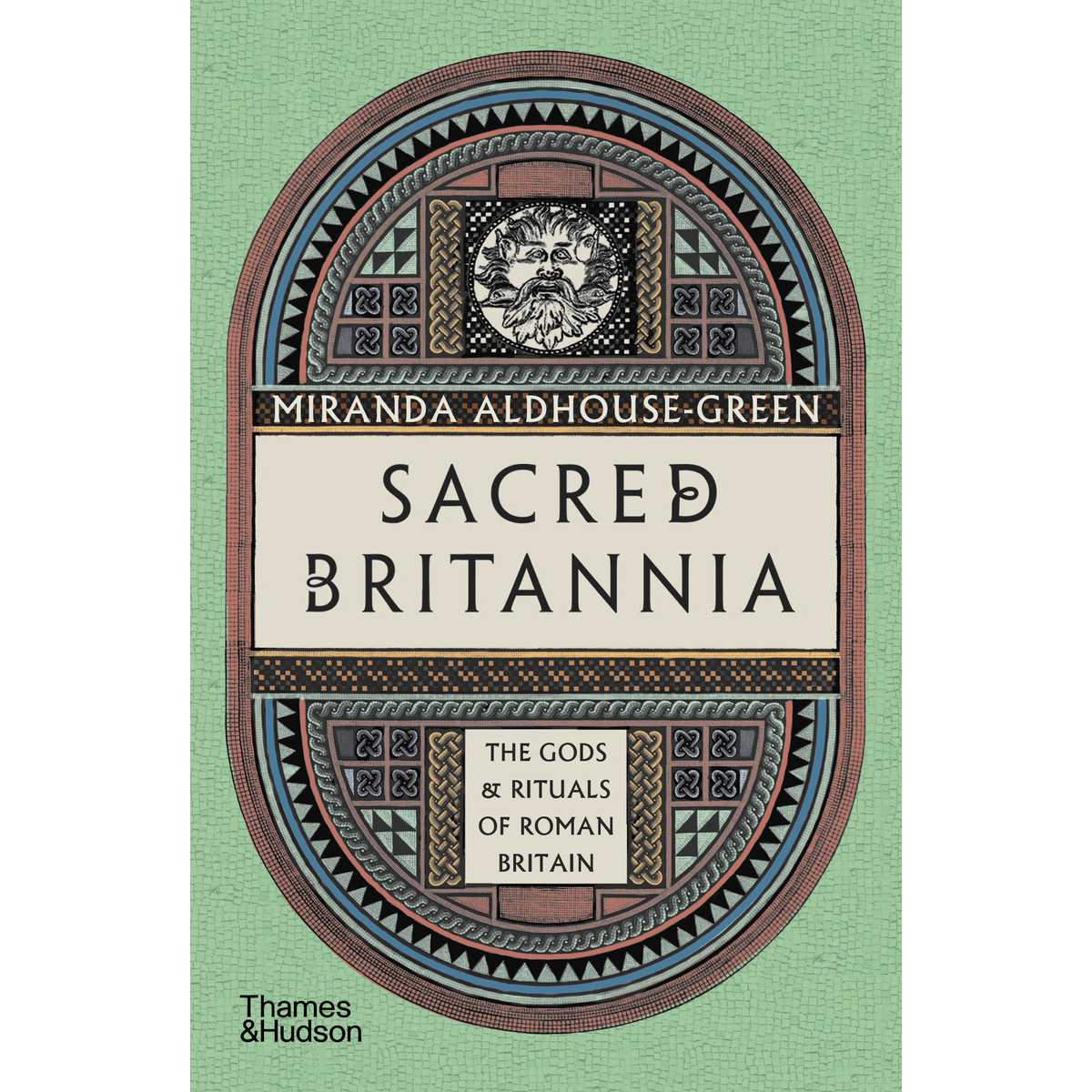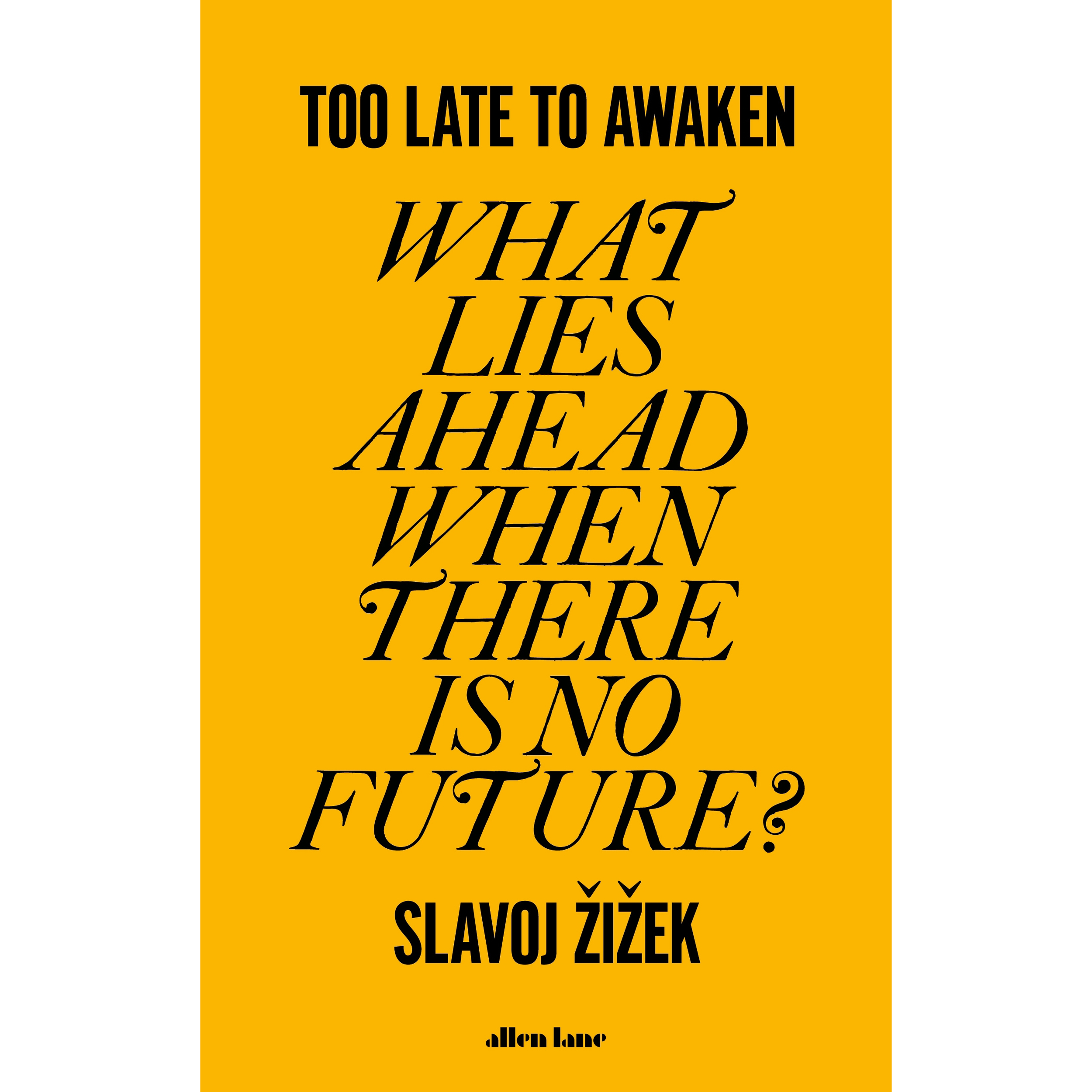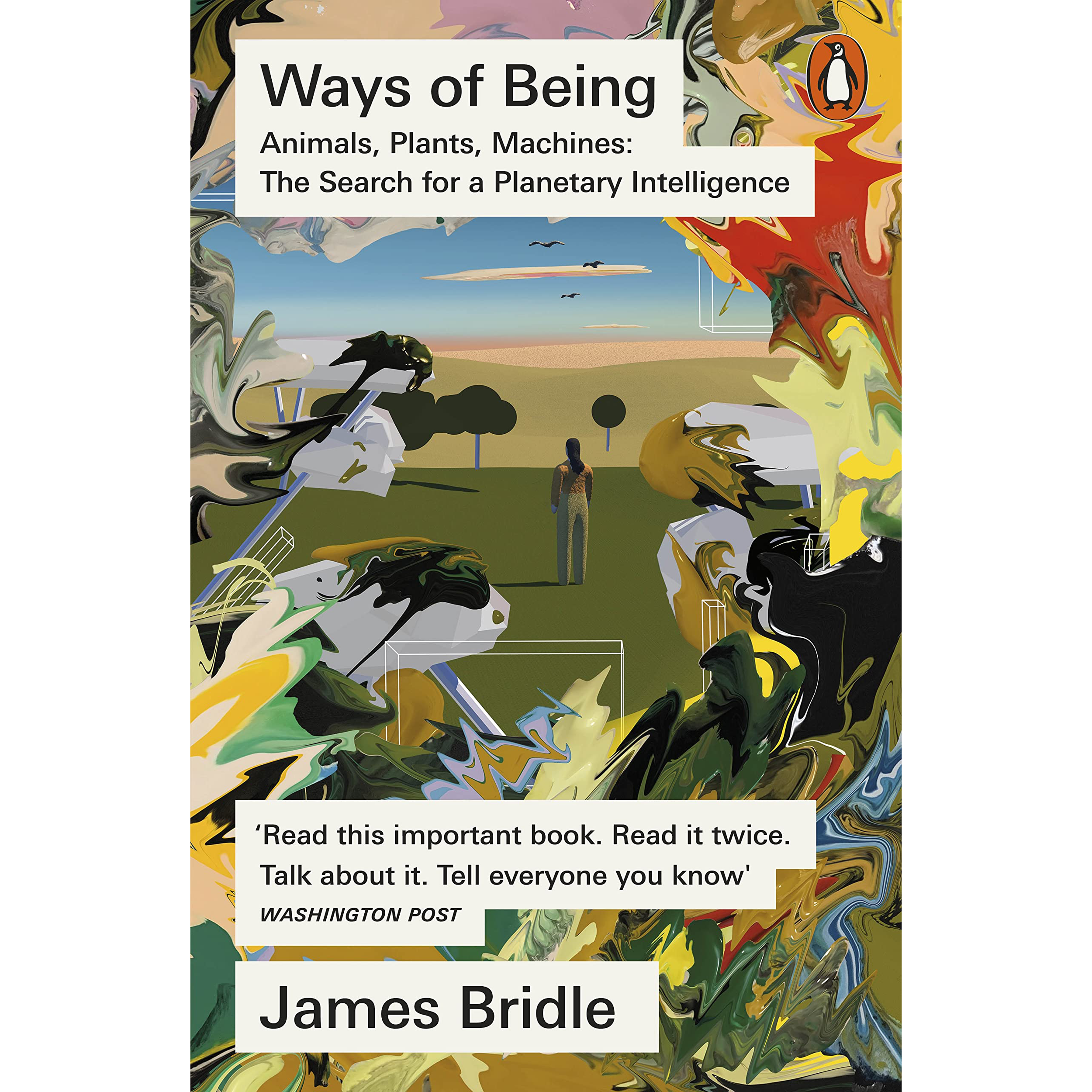 Image 1 of 1
Image 1 of 1


Gaia and Philosophy
Gaia and Philosophy | By Lynn Margulis and Dorion Sagan
In the 1970s, microbiologist Lynn Margulis and atmospheric chemist James Lovelock developed the Gaia theory. Embracing the circular logic of life and engineering systems, the Gaia theory states that Earth is a self-regulating complex system in which life interacts with and eventually becomes its own environment
Gaia describes a living Earth: a body in the form of a planet. For billions of years, life has created an environment conducive to its continuation, influencing the physical attributes of Earth on a planetary scale. An idea with precedents in natural science and philosophy for millennia, Gaia resonates with the ancient magico-religious understanding that all is one: as above, so below.
Fusing science, mathematics, philosophy, ecology and mythology, Gaia and Philosophy, with a new introduction by Dorion Sagan, challenges Western anthropocentrism to propose a symbiotic planet. In its striking philosophical conclusion, the revolutionary Gaia paradigm holds important implications not only for understanding life's past but for shaping its future.
Gaia and Philosophy | By Lynn Margulis and Dorion Sagan
In the 1970s, microbiologist Lynn Margulis and atmospheric chemist James Lovelock developed the Gaia theory. Embracing the circular logic of life and engineering systems, the Gaia theory states that Earth is a self-regulating complex system in which life interacts with and eventually becomes its own environment
Gaia describes a living Earth: a body in the form of a planet. For billions of years, life has created an environment conducive to its continuation, influencing the physical attributes of Earth on a planetary scale. An idea with precedents in natural science and philosophy for millennia, Gaia resonates with the ancient magico-religious understanding that all is one: as above, so below.
Fusing science, mathematics, philosophy, ecology and mythology, Gaia and Philosophy, with a new introduction by Dorion Sagan, challenges Western anthropocentrism to propose a symbiotic planet. In its striking philosophical conclusion, the revolutionary Gaia paradigm holds important implications not only for understanding life's past but for shaping its future.





